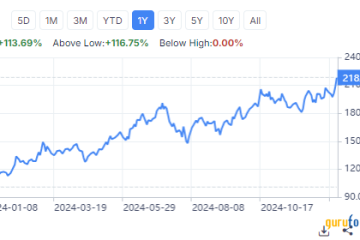The Impact and Legacy of Spike Lee in Filmmaking
Introduction
Spike Lee, a name synonymous with provocative storytelling and artistic innovation, has made a significant impact on the world of cinema over the past few decades. Renowned for his intense focus on social issues, race relations, and the African American experience, Lee’s work has resonated with audiences globally. With recent events underscoring the need for voices that challenge societal norms, Spike Lee’s influence has become even more relevant today.
Career Overview
Born on March 20, 1957, in Atlanta, Georgia, Shelton Jackson Lee, widely known as Spike Lee, pursued a degree at Morehouse College and later graduated from the Tisch School of the Arts at New York University. His first major film, “She’s Gotta Have It” (1986), established him as a distinctive voice in cinema, and it was a landmark success that emphasized female empowerment and sexuality.
Lee followed up with a series of critically acclaimed films including “Do the Right Thing” (1989), a powerful narrative that captured racial tensions in Brooklyn during a sweltering summer day. The film not only garnered immense praise but also sparked important conversations about race in America, securing a place in the National Film Registry for its cultural significance.
Recent Projects and Contributions
In recent years, Spike Lee has continued to push boundaries in filmmaking. His 2018 film, “BlacKkKlansman,” which tells the true story of an African American detective infiltrating the Ku Klux Klan, won the Academy Award for Best Adapted Screenplay. The film resonated deeply with contemporary issues surrounding race and extremism, making it a timely addition to his portfolio.
Additionally, Lee has been an outspoken advocate for social justice, using his platform to address issues such as police brutality and systemic racism, particularly following the protests that erupted after the death of George Floyd in 2020. His commentary on social media and participation in protests illuminate his dedication to activism beyond filmmaking.
Conclusion
As Spike Lee continues to create impactful narratives, it is evident that his legacy is rooted in not only his pioneering techniques and storytelling but also in his commitment to inciting change through his art. Looking forward, audiences can expect Lee to remain a significant voice in both cinema and social discourse, with upcoming projects promising to explore the complexities of race and identity further.
For viewers and filmmakers alike, Spike Lee symbolizes the role of cinema as a catalyst for social change, illustrating the power of storytelling in shaping societal perceptions and sparking crucial conversations. As he progresses, it stands to reason that his work will not only entertain but also challenge and inspire future generations.








